Menu
close
Contact us
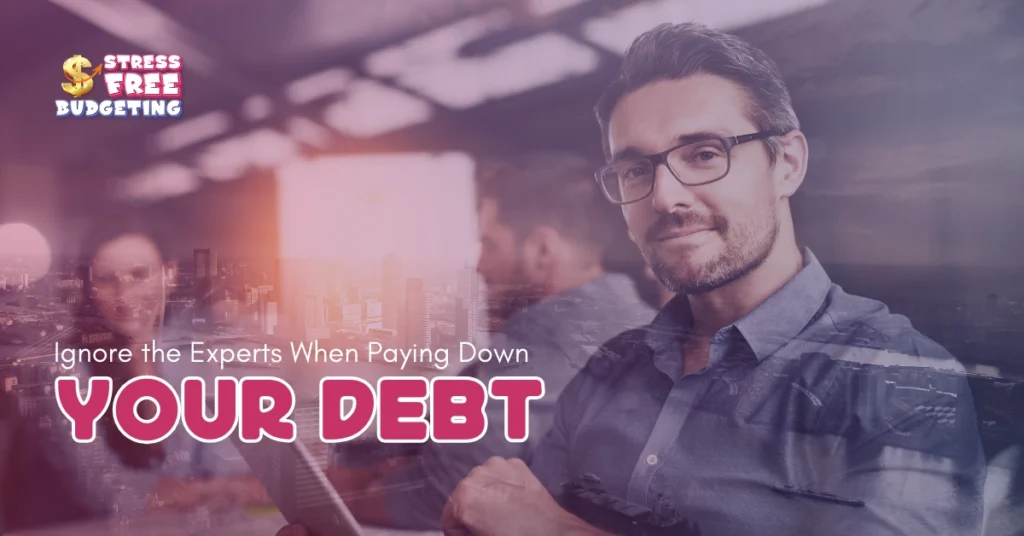
Hey there! Are you feeling overwhelmed with all the different “expert” advice on how to handle your debt? It's like everyone has their own recipe for success, but none seem to fit your life. You've heard it all: pay the biggest debt first, no, tackle the one with the highest interest, or maybe go for the loan with the biggest monthly payment. It's enough to make anyone's head spin!
But let's pause for a moment. What if the secret to managing your debt isn't found in these one-size-fits-all solutions, but in a plan that's crafted just for you? That's right. What matters most is what feels right for you, what aligns with your life, and what keeps you motivated.
Think about it. Maybe paying off a small debt first gives you a sense of achievement. Or perhaps you'd prefer to chip away at the one with the highest interest rate. The point is, your debt repayment plan should be as unique as you are. It's not just about following rules; it's about creating a strategy that resonates with your lifestyle, your values, and your goals.
In a world where generic financial advice is the norm, it's time to break free and find a path that truly works for you. Let's explore how you can do just that, step by step, in a way that feels manageable and empowering.
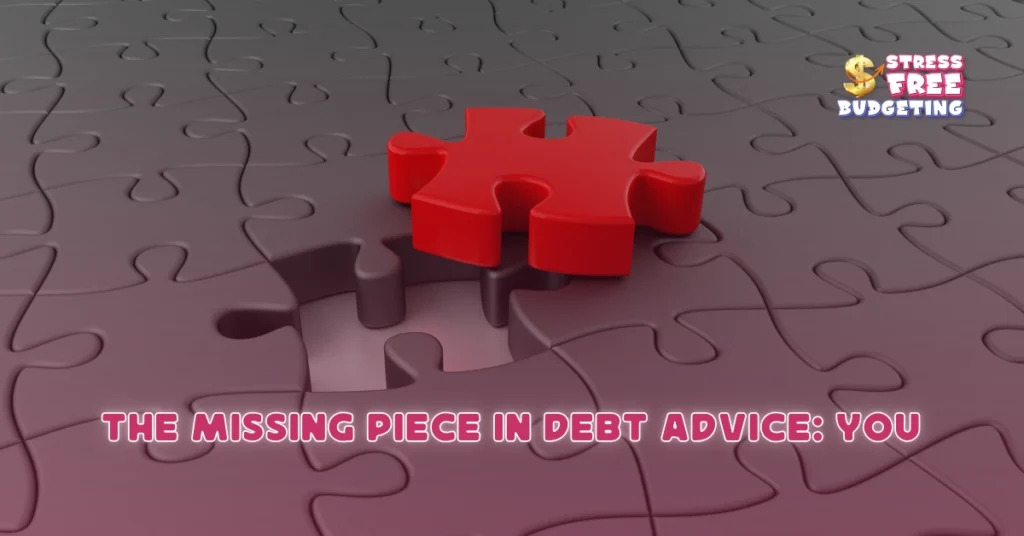
So, you've been bombarded with all these debt strategies, but there’s something they often miss – it's you, your needs, your dreams. The traditional advice doesn't always consider your personal situation. It’s like being given a map to someone else's treasure, not yours.
Your financial journey isn’t just about numbers; it's deeply personal. What makes you feel good about your money? Maybe seeing a zero balance on a smaller debt gives you a thrill, or perhaps you're more focused on long-term gains, like reducing overall interest. It's all about what motivates you to keep moving forward.
Remember, you're not just trying to get out of debt; you're building a lifestyle where you can enjoy your present while preparing for your future. So, your approach to paying off debt should reflect this balance. It should feel like a plan that not only gets you out of debt but also paves the way for your future goals and dreams.
In this journey, the most important question is: What does financial success look like for you? Is it being debt-free, having the freedom to travel, or perhaps feeling secure enough to start a family or buy a home? Your debt repayment strategy should be a stepping stone towards these aspirations, not just a set of rules to follow.
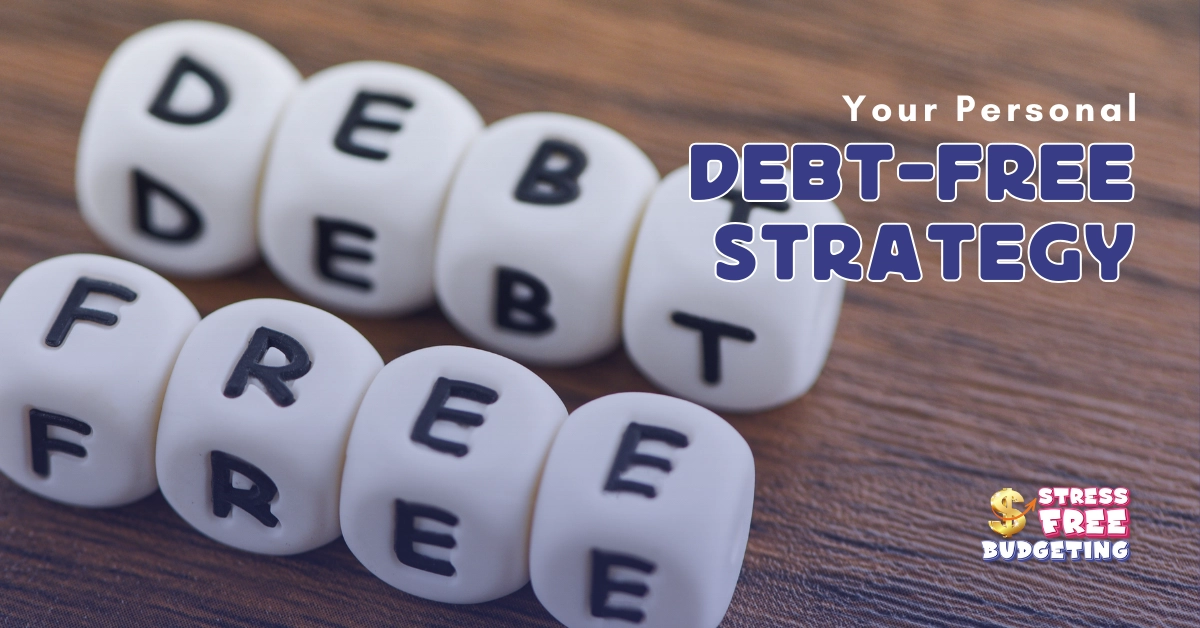
Let's chat about crafting a debt strategy that feels right for you, not just what others say you should do. Imagine picking a way to pay off debt like choosing your favorite movie – you pick what suits your mood, not what everyone else is watching.
It's about decisions that make sense for you. Maybe paying off a small debt first feels fantastic because it's a quick win. Or perhaps, tackling the loan with the highest interest is your style because it feels smarter in the long run. It’s like choosing between a sprint or a marathon – both lead to the finish line, but the journey feels different.
This is about making smart, feel-good choices for your wallet. It's not about rigid rules; it’s about flexible steps that help you move forward financially. Your debt strategy should help you feel confident and at ease, knowing you’re making decisions that are best for your situation. It's about being in the driver’s seat of your financial journey, steering in the direction that brings you the most peace of mind.
So, take a moment to think about what feels good and right for you. Your financial plan should be a reflection of your unique circumstances, aligning with your personal values and financial goals. It's not just about clearing debt; it's about moving forward in a way that makes you feel secure and content.
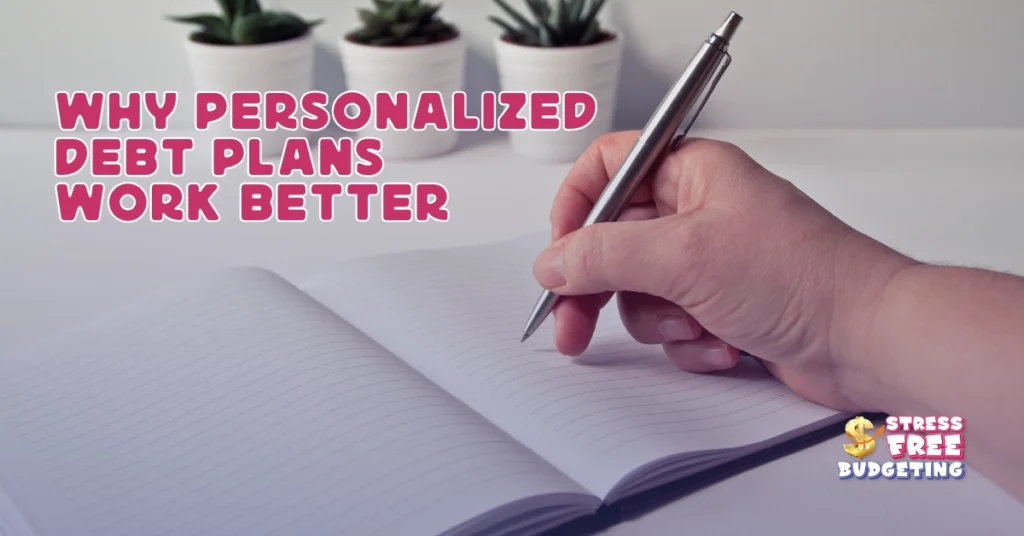
When it comes to managing debt, one thing stands out: what works for one person might not work for another. It's crucial to find a strategy that fits your unique situation. This is why personalized debt plans are more effective. They take into account your personal financial situation, your goals, and what you feel comfortable with.
The reason personalized plans work better is simple – they're built around you. When a plan considers your income, your expenses, and prioritizing your values and what’s important to YOU, it's more realistic and easier to stick with. It's like having a roadmap that’s designed just for YOU, not a one-size-fits-all guide that doesn’t consider your starting point or destination.
A personalized plan also considers your feelings about debt. Some people might feel motivated by paying off smaller debts first for quick wins. Others might find it more satisfying to tackle larger debts with higher interest rates. What matters is that your plan aligns with what keeps you motivated and focused.
When you're motivated and your plan fits your life, you're more likely to follow through. This reduces the risk of getting off track and increases the likelihood of successfully managing and eliminating your debt. Remember, a plan that feels like a burden is hard to maintain, but a plan that feels like a natural part of your life is something you can stick with.
Creating a personalized debt plan also means you're in control. You're making decisions based on your priorities and what's important to you, not just following advice that might not apply to your situation. This sense of control can be empowering. It helps you stay committed to your goals and can make the whole process of paying off debt less stressful.
In summary, a personalized debt plan is about finding what works best for you. It's about making smart, informed decisions that fit your life and your financial goals. This approach not only makes managing debt more manageable but also helps you build habits and strategies that can benefit your financial health in the long run.

Now that we've talked about the importance of a personalized plan, let's focus on how to create one. This isn't just about picking a method; it's about understanding your financial situation and setting achievable goals.
First, take a close look at your debts. Understand what you owe, the interest rates, and how these debts affect your life. This knowledge is powerful. It's like knowing the rules of a game before you start playing.
Next, think about your income and your regular expenses. This will help you figure out how much you can realistically pay towards your debts each month. It's not about stretching yourself too thin; it's about finding a comfortable balance.
Set clear, achievable goals. Whether it's paying off a specific debt by a certain date or reducing your overall debt by a certain percentage, having clear goals can keep you focused and motivated.
Remember, it's okay to adjust your plan as you go. Life changes, and so might your financial situation. Being flexible and willing to adapt your plan is a strength, not a weakness.
Finally, don't be afraid to seek guidance. Sometimes, getting an outside perspective can help you see options you hadn't considered before. Getting support can make a big difference.
Crafting your path to a debt-free life is about more than just numbers; it's about making a plan that fits your life, supports your goals, and gives you peace of mind. It's a journey that's unique to you, and the steps you take should reflect your personal financial landscape.
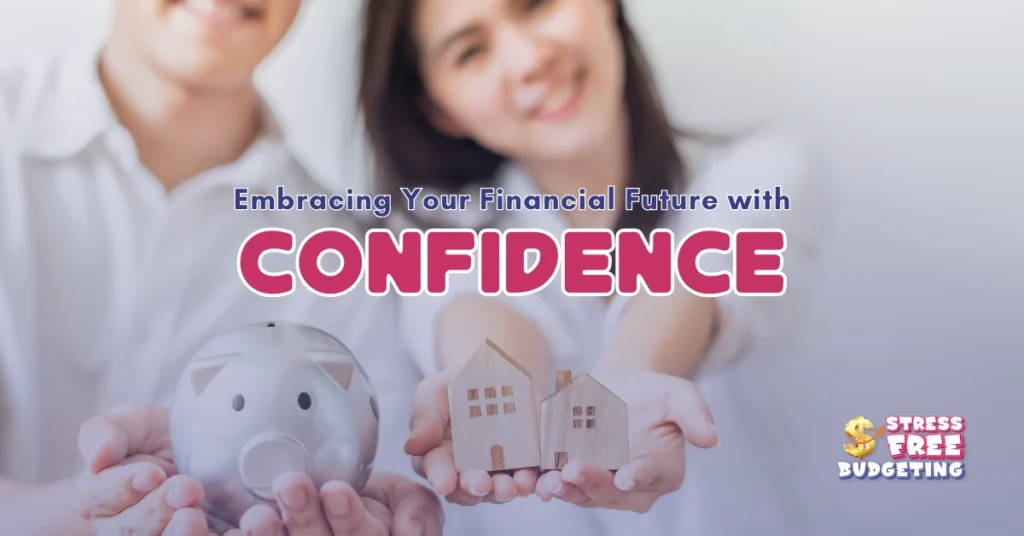
As you embark on this debt-free life, remember it's not just about paying off what you owe. It’s about setting the stage for a healthier financial future. This means making choices today that will benefit you tomorrow.
Start by cultivating good financial habits. This can be as simple as tracking your spending, setting aside a small emergency fund, or planning for bigger expenses. These habits build a strong foundation for your financial health.
Stay informed and curious about personal finance. The more you know, the better decisions you can make. There’s no need to become an expert overnight, but understanding the basics can go a long way.
Celebrate your progress, no matter how small. Each step you take towards being debt-free is a victory. These moments of achievement are not just milestones; they're the building blocks of your financial confidence.
Lastly, keep your goals in sight. Whether it’s buying a home, traveling, or simply enjoying financial peace of mind, your goals are what drive you forward. Your debt-free journey is a significant step towards these dreams.
Remember, managing your finances is a skill, and like any skill, it gets better with practice. With each decision, you're not just moving away from debt; you're moving towards a future where your financial well-being supports your dreams and lifestyle.